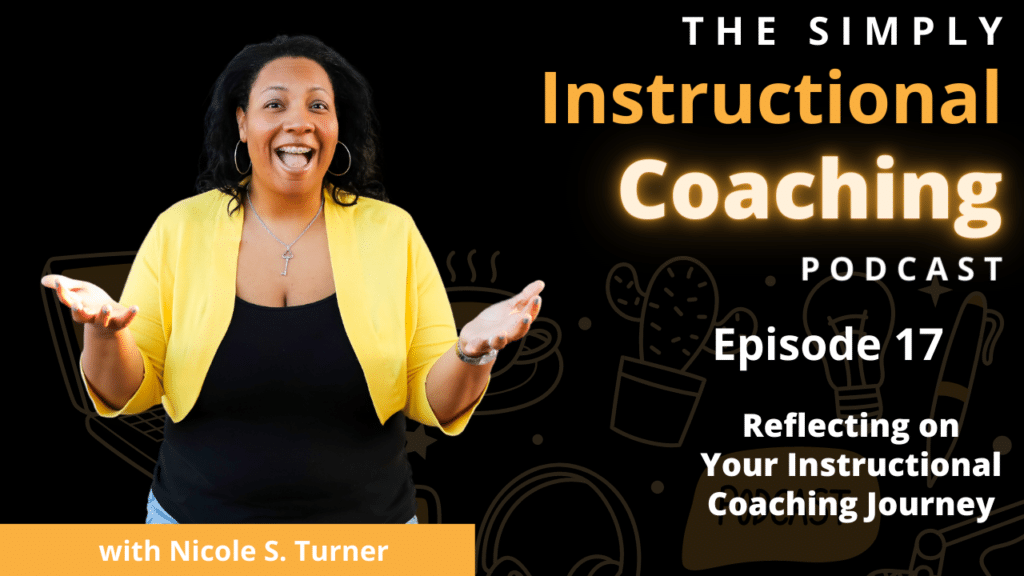Breaking Through Resistance with Becca Silver – Episode 10
By Nicole S. Turner
Share This Post:


The natural human response to change is resistance. So what can we as coaches do when we come across resistant teachers? Our guest today, Becca Silver of The Whole Educator, is sharing so much great insight and knowledge on this topic.
Becca Silver is an instructional coach, life coach, and performance coach who empowers school coaches to increase their impact on educators. She is joining me to talk all about her coaching and resistant teachers. Becca is giving us a sneak peak of her session at the upcoming Simply Coaching Summit and answers some important questions about resistance. Becca is sharing her journey to coaching and how she helps busy coaches and leaders through her course, The Whole Educator Foundations. She is also diving into how she mixes her life coaching and instructional coaching, why resistance happens, some motivations behind resistance, and pitfalls you may encounter when addressing resistance.
This conversation really made me think about how I can put some of Becca’s tips into action as I work with coaches and I know you’ll walk away with some amazing information that will help you in your coaching, too!
Topics Covered in Episode 10 – Breaking Through Resistance with Becca Silver
- Becca’s journey into coaching and her background as a teacher
- How Becca combines aspects of her life coaching with instructional coaching to create a greater impact
- Why resistance happens and why we actually want resistance
- Some motivations behind resistance in teachers
- Pitfalls that coaches may run into when addressing resistance
- Two helpful tips Becca has for coaches
Links from this episode
- Register for the Simply Coaching Summit
- Grab a copy of the Simply Coaching Summit brochure here!
- Email Becca at [email protected]
- Check out the Becca’s website: www.thewholeeducator.com
Connect with Nicole S. Turner
- Website: Home
- Simply Coaching Hub: Simply Coaching Hub
- Instagram: https://www.instagram.com/simplycoachingandteaching_
- Twitter: https://www.twitter.com/https://twitter.com/coachandteach
- Email: [email protected]
Becca Silver Bio:
Becca Silver is the founder and CEO of The Whole Educator. She is a highly energetic and knowledgeable trainer who approaches leadership development with transformational coaching skills and strategies. Becca is a former educator, instructional coach, life coach and performance coach. Her training programs and customized one-on-one coaching work focuses on fostering teacher buy-in and removing barriers caused by resistance to change. She had worked with instructional coaches and school leaders in districts across the US, including FL, KY, NC, SC and MA. She believes that, when looking to improve teachers’ effectiveness, adult mindsets and motivations matter. We need teachers educating the whole child. And we need leaders and coaches impacting the whole educator. If you would like to connect, you can reach out directly: [email protected]. Feel free to learn more about The Whole Educator’s work at www.thewholeeducator.com.
Podcast Transcript




